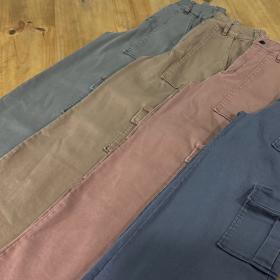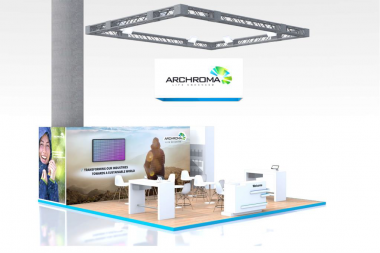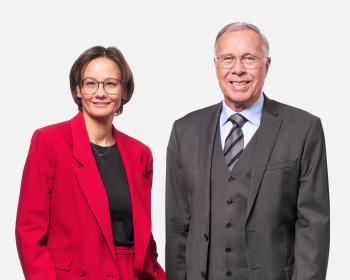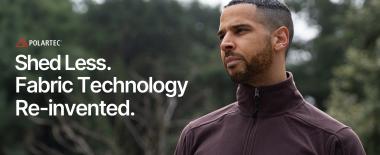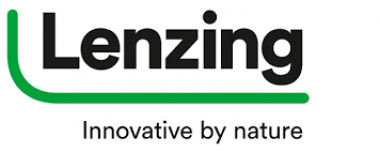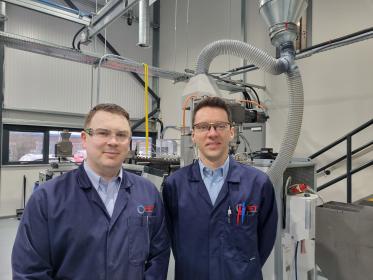Nuevo Mundo continues sustainability journey with Archroma
Integrated textile mill Nuevo Mundo is partnering with Archroma to offer collections utilizing Archroma’s EarthColors® agricultural waste based dyes and produced with zero liquid discharge and substantial resource savings.
A strategic partner of apparel brands, Nuevo Mundo is a market leader in South America with a 75-year history. It helps brands expand into new markets with value-added products that capture growing consumer demand for quality and sustainability. The company is a pioneer in the adoption of water-saving processes and chemicals that have minimal impact on the environment.
Nuevo Mundo is now reinforcing its commitment to sustainability with the creation of new collections that utilize Archroma’s biowaste-based EarthColors® dyes. Based on patented Archroma technology, these high-performance dyes are from non-edible agricultural or herbal industry waste in a process that helps to reduce the negative impact on water footprint, natural resources and climate change compared to conventional synthetic dye production where toxic and non-renewable oil derivative products are used as raw material.*
The organic raw materials used for the dyes created for Nuevo Mundo include residues from cotton plants, beets and saw palmetto. In addition to using these biowaste-based dyes, the EarthColors® collections will be produced in Nuevo Mundo’s zero liquid discharge facilities, providing savings in time, water and energy, as well as emissions.
Nuevo Mundo and Archroma intend their alliance to be a long-term collaboration, with plans to release new collections based on EarthColors® in the coming year and beyond.
*Based on internal LCA comparative screening
Archroma


